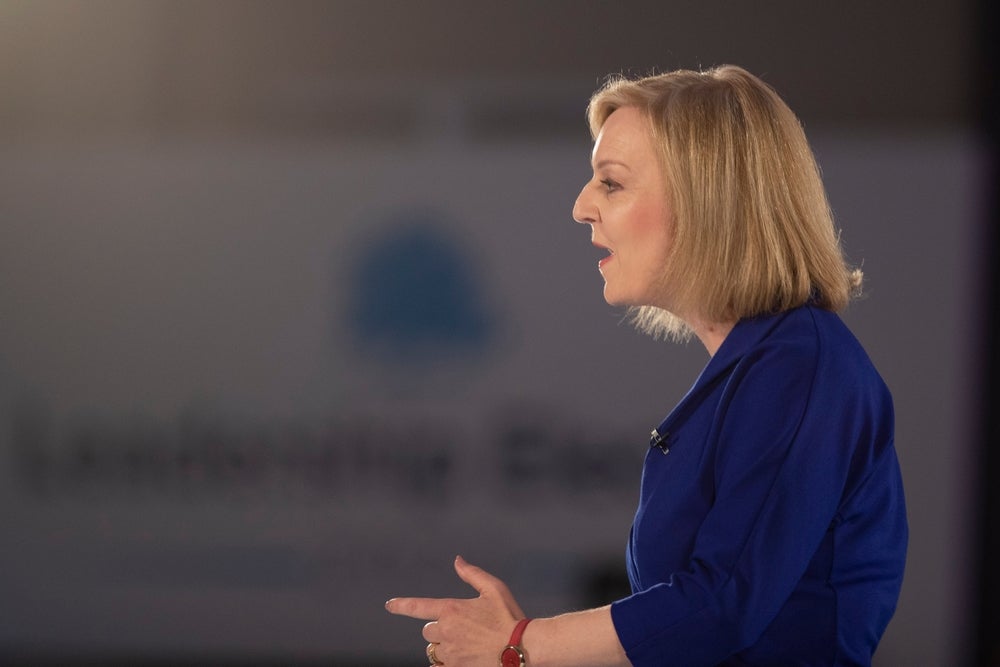
Suella Braverman resigning as home secretary after sending official documents from her personal email should be a stark warning for corporate chieftains, cybersecurity expert warn.
Braverman became the latest official to leave Liz Truss’ government on Wednesday, October 19. The prime minister had previously been forced to sack her former finance minister Kwasi Kwarteng after his mini-budget – which was welcomed by libertarians and some business leaders thanks to its tax cuts and laissez-faire approach – sent the markets into a tailspin.
In a market hobbled by continuous crisis caused by the coronavirus, Brexit and Vladimir Putin’s horrific war in Ukraine, commentators argue that the general public have no appetite for tax cuts that only seem to benefit the super-rich, but would rather be able to keep the heating and the lights on this winter.
Jeremy Hunt replaced Kwarteng, becoming the fourth chancellor of the Exchequer in four months, serving under Truss, the fourth Conservative leader in six years. Upon his appointment, Hunt promptly tore up most of the measures announced in the mini-budget, effectively crippling Truss’ whole political platform.
Braverman has been replaced as home secretary by Grant Shapps, the former transport secretary who has spent the past few years touting electronic vehicles and driverless trains on the London underground.
Braverman quitting over a cybersecurity faux pas doesn’t help Truss in her fight to cling on to the keys to Number 10, especially as her resignation letter impressed upon the PM the importance of members of parliament being held responsible for their mistakes.
How well do you really know your competitors?
Access the most comprehensive Company Profiles on the market, powered by GlobalData. Save hours of research. Gain competitive edge.

Thank you!
Your download email will arrive shortly
Not ready to buy yet? Download a free sample
We are confident about the unique quality of our Company Profiles. However, we want you to make the most beneficial decision for your business, so we offer a free sample that you can download by submitting the below form
By GlobalDataSo what was the cybersecurity mistake that forced Braverman to quit?
So why did Braverman quit as home secretary? In her resignation letter, she said she had sent an official document from her personal email to “a trusted parliamentary colleague as part of policy engagement” on October 19.
“This constitutes a technical infringement of the rules,” Braverman wrote, adding that she immediately reported her mistake via official channels and informed the cabinet secretary.
She continued: “As home secretary I hold myself to the highest standards and my resignation is the right thing to do. The business of government relies upon people accepting responsibility for their mistakes.
“Pretending we haven’t made mistakes, carrying on as if everyone can’t see that we have made them, and hoping that things will magically come right is not serious politics. I have made a mistake; I accept responsibility; I resign.”
However, Braverman didn’t just own up to her cybersecurity mistake, but also took the opportunity throw shade at Truss, who she had competed with a few months back in the Tory leadership race.
The outgoing home secretary said she had “concerns about the direction of this government” and that it was clear to anyone that the country was going through “a tumultuous time.” Braverman accused the government of having “broken key pledges that were promised to voters” such as slashing migration numbers and stopping “illegal migration”.
Following her resignation, cybersecurity experts urge business leaders to learn from the mistake made by Braverman.
“The overlap of usage between business and personal phones has increased dramatically over the last few years and accelerated due to the increase in home working since Covid,” says Jake Moore, global cybersecurity advisor at cybersecurity firm ESET.
“Personal emails over web browsers are often not as secure and are unencrypted, meaning they can be intercepted very easily. It is vital that people keep their business communications and documents separated from personal devices as work phones are often dealt out with extra securities such as virtual private networks and two factor authentication on as default. Many people also still use easy to guess passcodes to enter their phones which is a huge danger for companies but especially for those in high profile positions.”
GlobalData is the parent company of Verdict and its sister publications.







